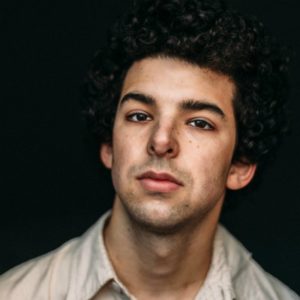 Learning that is Deep and Collaborative*
Learning that is Deep and Collaborative*
“At UVM I was studying philosophy at first, which lacked a direct confrontation with a lot of social justice and political issues that religion classes offer, so I added religion as another major. I was exposed to works like Tomoko Masuzawa’s The Invention of World Religions and Saba Mahmood’s Agency, Performativity, and the Feminist Subject, two of the best things I’ve read for any class . . .
“One of the most rewarding experiences at UVM was the work I did as part of professor Vicki Brennan’s classes, which resulted in a museum exhibit ‘Spirited Things‘ held in the fall of 2017. The exhibit included sacred objects from the Yoruba religion of West Africa, and other offshoots of Yoruba in the Americas developed by enslaved Africans who blended their spiritual practices with those of their captors. First, I took a religion seminar in the spring prior to the exhibit where we did a lot of research to prepare for the exhibit. In the fall I took another course concentrating on ethnography of museum visitors who were largely unfamiliar with these religions. The context of a Western museum typically implies that these objects must be very old and come from faraway places–therefore they are usually exhibited mainly for their value as natural history. However, in ‘Spirited Things’ many of the objects came from the contemporary Afro-Atlantic diaspora including cities like L.A. and New York. These objects were imbued with power and meaning for ritual purposes, and revered in their own right . . .
“A small statue of the Afro-Cuban goddess Yemayá, manufactured in China in 2014 and picked up by Matory in a Los Angeles botanica, served as the inspiration for independent research.For me it inspired an independent study centering around one of the objects in the exhibit, a statue of Yemaya. I ended up publishing a paper ‘Yemayá on Display: Post-Colonial Contact Zones in the Museum,’ and made a presentation at a spring symposium.”
–Thomas Mackell ’18
*In this series, we have pulled text from our newly relaunched website–we want to highlight our fantastic alumni in as many venues as possible!


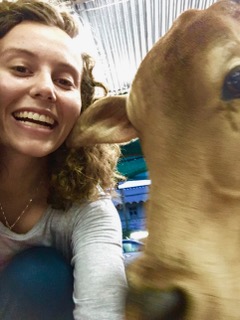
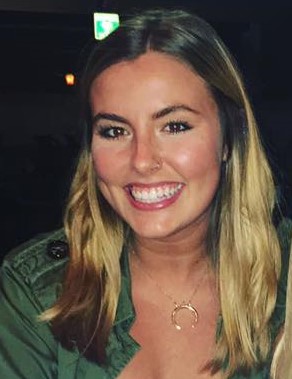
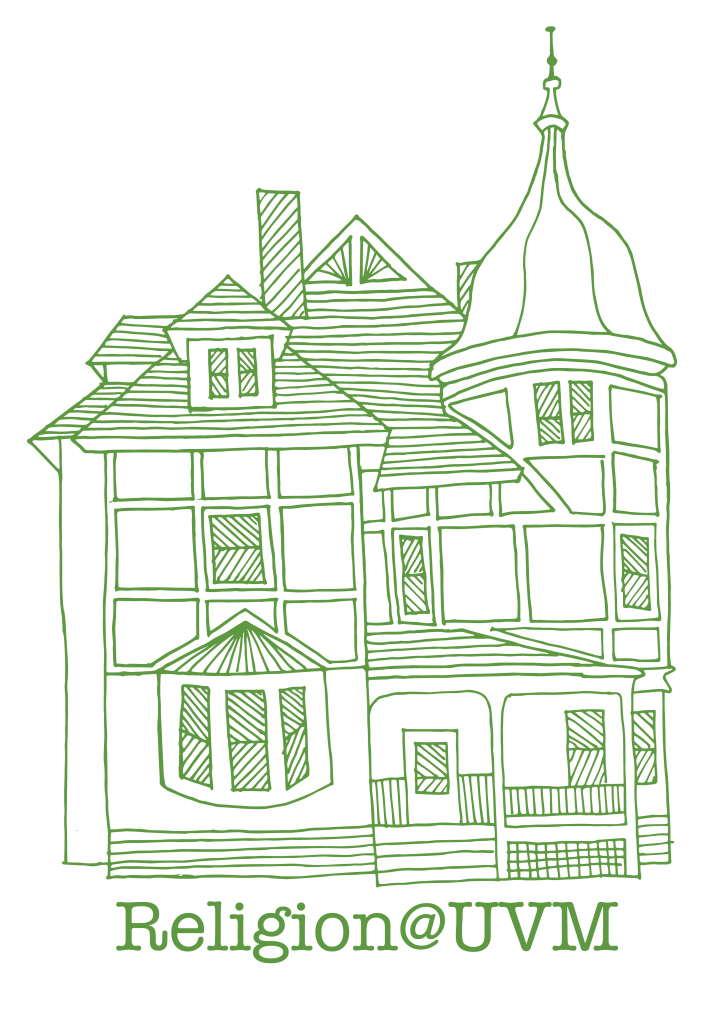
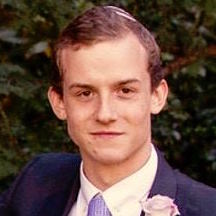

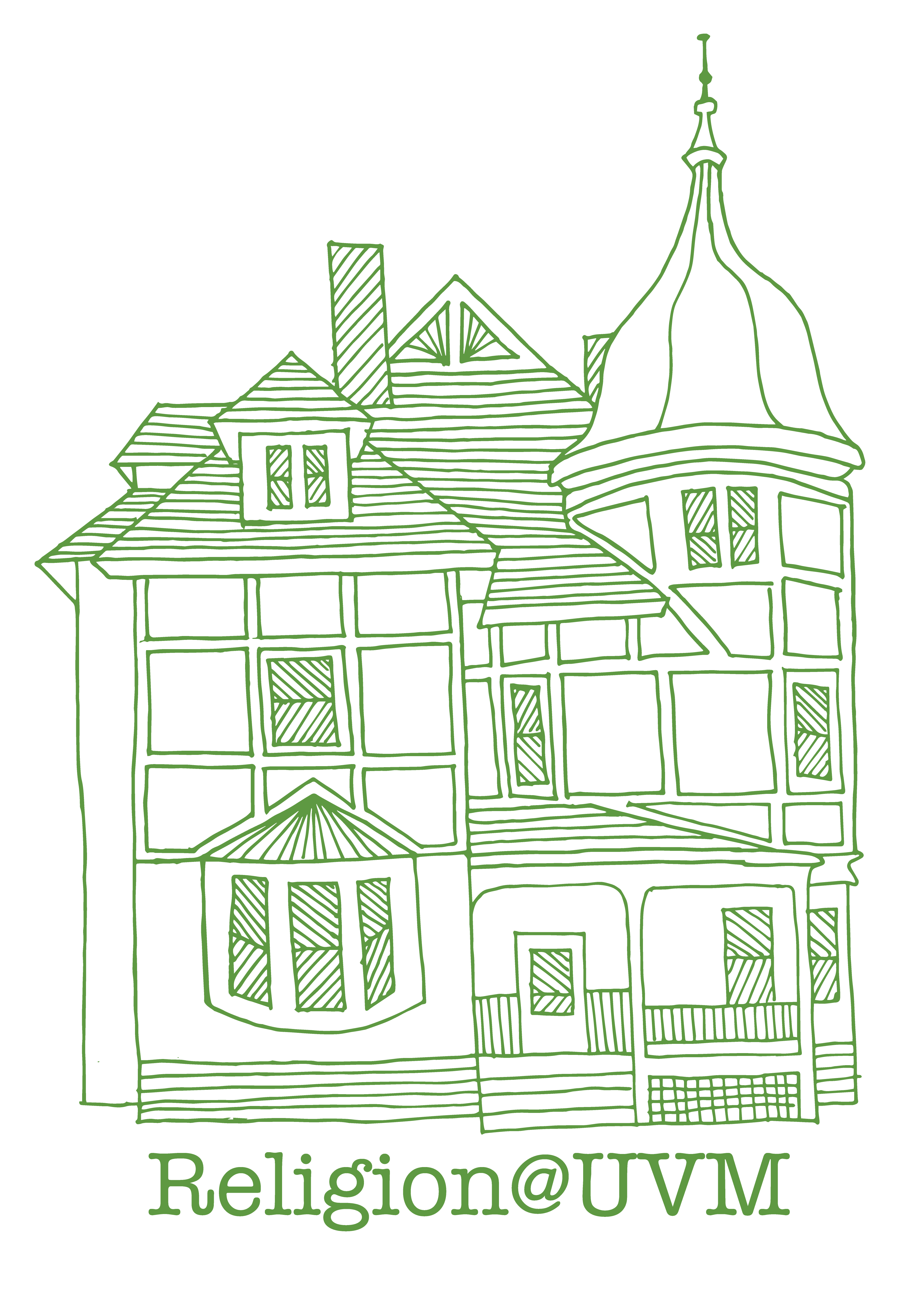

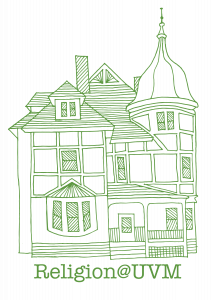 If you could write any book, what would it be?
If you could write any book, what would it be?
